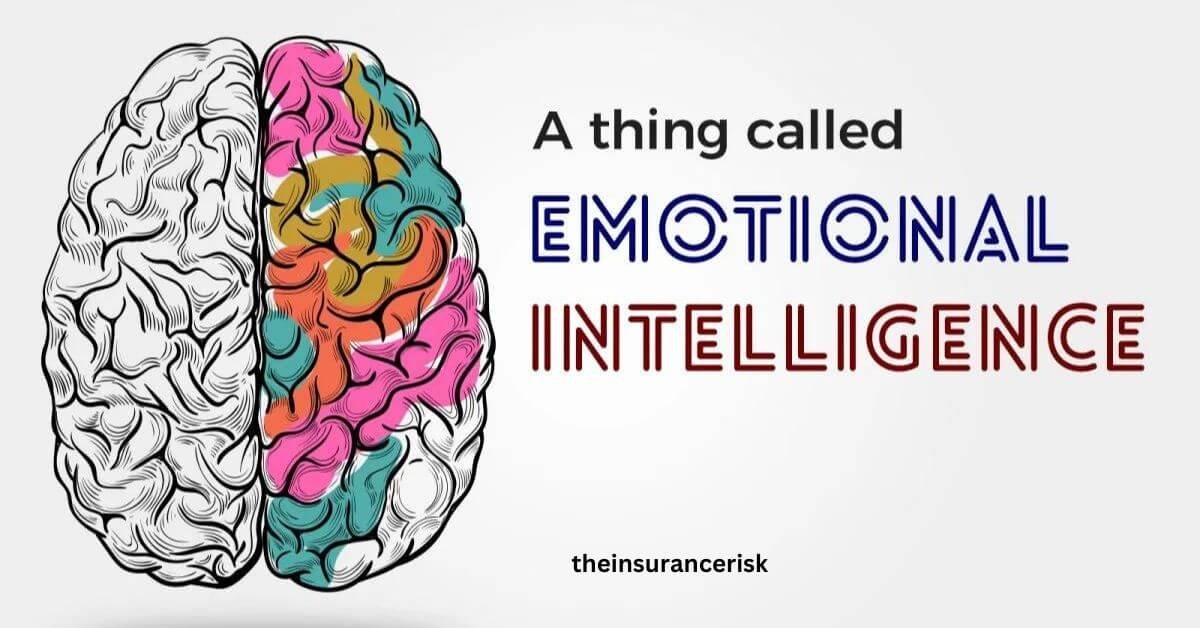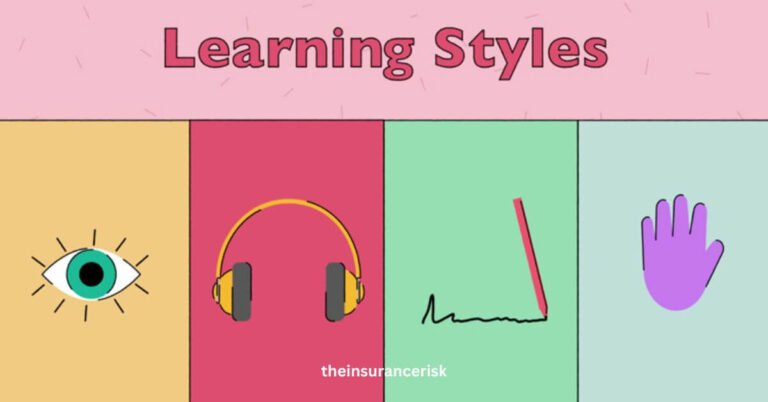Emotional Intelligence: The Importance in Education
In our contemporary society, simply mastering academic subjects doesn’t guarantee success. Children must excel academically and in understanding and navigating emotions in social contexts. Emotional Intelligence (EQ) is paramount for children to cultivate as it profoundly influences their performance in school and throughout their lives. In this comprehensive discussion, we’ll explore the profound importance of Emotional Intelligence in education and delve into the strategies schools employ to impart this vital skill to children.
Acquiring Emotional Intelligence
Understanding Emotional Intelligence involves effectively recognizing and managing feelings within oneself and others. It encompasses comprehending emotions such as empathy and self-awareness and skillfully regulating them. Unlike. Unlike conventional intelligence, which focuses on cognitive abilities, EI centers on interpersonal aspects of learning. It equips children with the tools to cope with stress, forge meaningful connections, and make informed decisions.
The Significance of Emotional Intelligence
Enhanced Communication: Emotional Intelligence elevates communication abilities. Students can resolve conflicts peacefully and collaborate effectively When they can grasp different perspectives and understand others.
Improved Problem-Solving: Emotional Intelligence aids students in making thoughtful decisions by considering emotions and facts, particularly useful in complex situations.
Stress Management: Adolescence is challenging, with academic pressures and personal issues. Emotional Intelligence assists students in coping with stress and maintaining emotional well-being, which is crucial for mental health.
Promoting Kindness and Compassion: Developing empathy fosters kindness and compassion among children. It encourages them to support one another and cultivate positive relationships with their peers at school.
The Influence of Podar Smarter Schools on Developing Emotional Intelligence
The Role of Schools in Nurturing Emotional Intelligence is crucial.
Leading by Example: Teachers and other school adults demonstrate how to manage emotions effectively, serving as role models for children to emulate.
Creating Safe and Supportive Environments: Podar Smarter Schools prioritize providing safe spaces where children feel comfortable expressing their emotions and listening to one another without judgment.
Promoting Collaboration: Group collaborative activities help children develop Emotional Intelligence by fostering understanding of others’ feelings and improving interpersonal relationships.
Resolving Conflicts: Podar Smarter Schools equip teachers with strategies to resolve conflicts amicably, fostering a harmonious school environment where everyone can thrive.
Recognizing the significance of EI alongside academic learning, schools play a vital role in helping children understand and manage their emotions. By prioritizing EI, schools contribute to children’s overall well-being, preparing them for the challenges they may encounter.
Understanding Emotional Intelligence
Emotional Intelligence revolves around understanding, managing, and positively expressing feelings. It guides us in using our emotions to make wise decisions, communicate effectively, alleviate anxiety, resolve conflicts, and foster stronger friendships.
As children, we undergo significant changes not just physically but emotionally as well. Emotions are an integral part of our humanity. Teachers play a crucial role in educating children about EI, enabling them to navigate social interactions and maintain emotional well-being. Understanding feelings helps children comprehend themselves better and fosters positive relationships with others.

Strategies for Enhancing Emotional Intelligence in Education
Teachers employ various methods to assist children in enhancing their understanding of emotions, such as:
- Engaging in yoga and meditation practices
- Encouraging journal writing and self-reflection
- Exploring personal values and priorities
- Fostering mindfulness of emotions
- Noticing physical sensations in the body
Evaluating Emotional Intelligence
Teachers might find incorporating Emotional Intelligence (EI) into their teaching routine challenging. They’re used to focusing on subjects at which they excel. While it’s easy to gauge someone’s intelligence through IQ tests, measuring EI is much more complex. Understanding emotions, empathizing with others, being self-motivated, and managing emotions are all intricate skills that are difficult to quantify.
However, numerous resources are available online for measuring EI, ranging from quick and fun quizzes to more serious assessments. Additionally, there are engaging talks, online classes, and training sessions dedicated to EI. Organizations like Six Seconds: the EI Network is committed to raising awareness about EI and tracking EI levels worldwide, including during events like COVID-19. Furthermore, prestigious institutions like Yale and Harvard offer free tools to assess EI.
In schools, teaching about emotions begins early, sometimes even in preschool. Teachers may recommend taking an EI test if a child struggles with making friends or expressing themselves. These tests provide valuable insights into which emotional skills a child may need assistance with. Despite the challenges in understanding EI, it’s incredibly important, particularly in today’s educational environment.
Conclusion
In conclusion, Emotional Intelligence is super important for students’ growth. When kids understand and handle their feelings well, they can do better in school and life. Even though measuring EI can be tough, there are many resources and tools to help teachers support students in learning these important skills. From activities like yoga and meditation to journaling and reflecting, plenty of things can boos EI in education. By prioritizing EI alongside academic success, we’re giving the next generation the tools they need to lead happier, healthier, and more successful lives.
FAQS
- What is Emotional Intelligence (EI), and why is it important in education?
EI is the capability to identify, comprehend, and manage feelings in oneself and others. It’s crucial in education because it influences academic performance, social interactions, and overall well-being.
- How do schools like Podar Smarter Schools contribute to developing Emotional Intelligence?
Schools play a vital role in nurturing EI by providing safe and supportive environments, promoting collaboration, resolving conflicts, and prioritizing emotional well-being alongside academic learning.
- What are some strategies teachers use to enhance Emotional Intelligence in education?
Teachers employ various methods such as yoga and meditation practices, journal writing and self-reflection, exploring personal values and priorities, fostering mindfulness of emotions, and noticing physical sensations in the body.
- How can teachers measure and assess students’ Emotional Intelligence?
While measuring EI can be challenging, there are resources available online for assessing it through quizzes, assessments, and tools provided by organizations like Six Seconds: the EI Network and prestigious institutions like Yale and Harvard. Additionally, teachers may recommend EI tests for students needing assistance with emotional skills.





